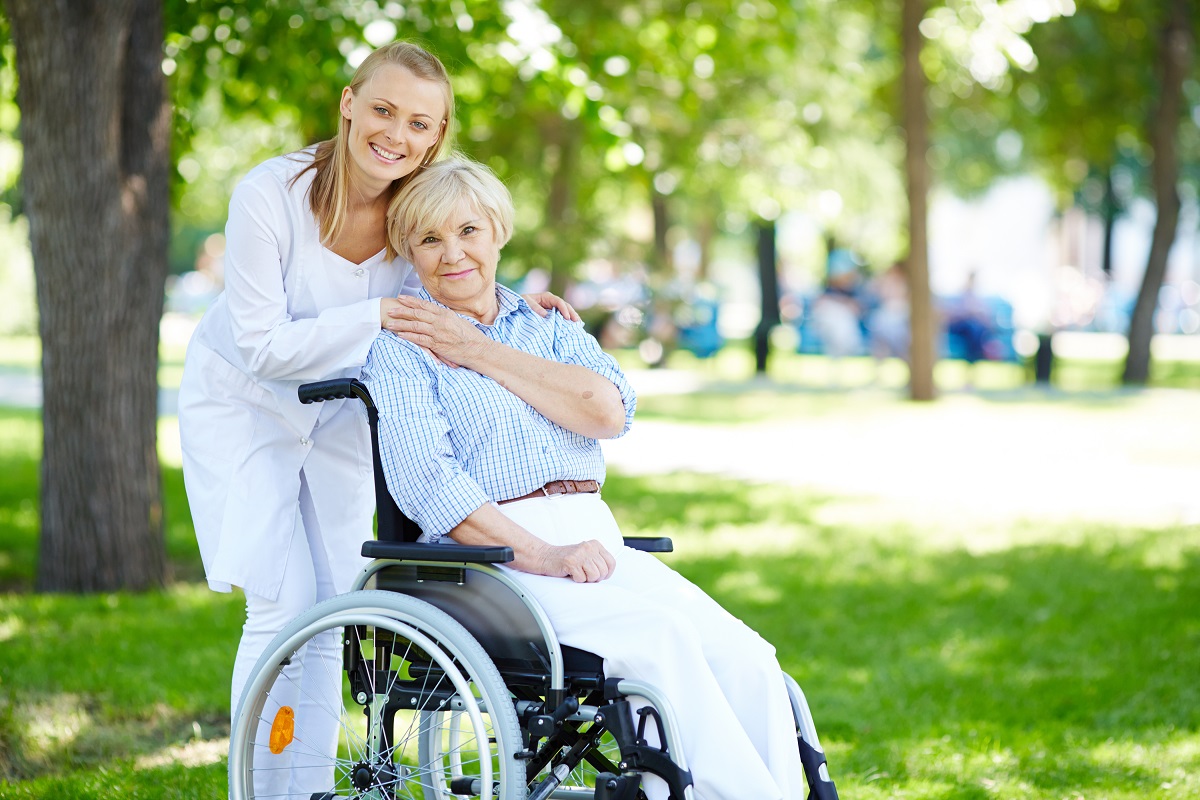Dizziness is a frequent concern among the elderly, and understanding what causes dizziness in elderly can be crucial in ensuring their well-being. It’s important to address this issue with a clear and informed perspective for seniors and caregivers alike, as dizziness can often impact balance, safety, and daily activities.
When we talk about dizziness in the elderly, its paramount to address physical and sometimes psychological causes that contribute to this common condition. Addressing these causes can help significantly reduce risks and improve quality of life for our older population.

Understanding Dizziness
Dizziness refers to a range of sensations, such as feeling faint, woozy, weak, or having a subtle and unsteady feeling. Understanding this can help us delve deeper into specific reasons why the elderly might experience these sensations more frequently than others.
Common Triggers
1. Medication Side Effects
Many elderly individuals are on multiple medications, and side effects from these medications can frequently include dizziness. Combining drugs, known as polypharmacy, further increases dizziness risks.
2. Inner Ear Problems
Inner ear problems can also contribute significantly to dizziness. Conditions like benign paroxysmal positional vertigo (BPPV), which affect balance, are noted to be more common in older adults.
3. Cardiovascular Issues
Cardiovascular problems, such as irregular heart rhythms or hardened arteries, can lead to dizziness by affecting the amount of blood reaching the brain.
4. Nervous System Disorders
Disorders such as Parkinsons disease or any peripheral neuropathy could also significantly contribute to dizziness by affecting balance and coordination.
5. Dehydration and Poor Nutrition
Aging diminishes our sense of thirst, and older adults may also experience dizziness due to dehydration and poor nutrition
Impact on Quality of Life
Dizziness negatively impacts the quality of life, often affecting their independence, preventing them from engaging in social or physical activities, and increasing the risk of falls and injuries.
For individuals who wish to maintain their independence and mobility, tools like a lift chair can be very helpful.
Preventative Measures
1. Regular Medical Check-Ups
Frequent consultations with healthcare providers are essential in identifying and managing any underlying health issues contributing to dizziness.
2. Managing Medications
Ensuring that medications are regularly reviewed by healthcare providers can minimize the risks of dizziness.
3. Hydration
Maintaining proper hydration is crucial. Using assistive tools, like grabber tools, helps elderly individuals easily access and handle their drinking water and snacks.
4. Gentle Exercises
Exercise tailored to the capabilities of the elderly can improve balance, coordination, and strength.
Tips for Caregivers
If you’re caring for someone experiencing dizziness, adopting cautious measures and fostering a safe environment is key. For more tailored advice, consider reading about caring for elderly parents at home.
Conclusion
Understanding what causes dizziness in elderly can significantly improve the management of this condition. With proper care, precaution, and regular medical attention, elderly individuals can maintain a better quality of life and stay actively engaged in their daily routines.

FAQ
What lifestyle changes can help prevent dizziness in elderly?
Ensuring regular hydration, slow movements upon rising, adopting a nutritious diet, and investing in mobility tools like a hand massager can assist in preventing dizziness.
Is dizziness always a serious concern for the elderly?
While often common, its important not to dismiss dizziness. If recurring or accompanied by other symptoms, a medical evaluation is recommended.
How can families assist elderly members experiencing dizziness?
Encouraging regular medical evaluations, monitoring medication intake, and ensuring a safe home environment are critical steps in assisting elderly members.
This article contains affiliate links. We may earn a commission at no extra cost to you.

